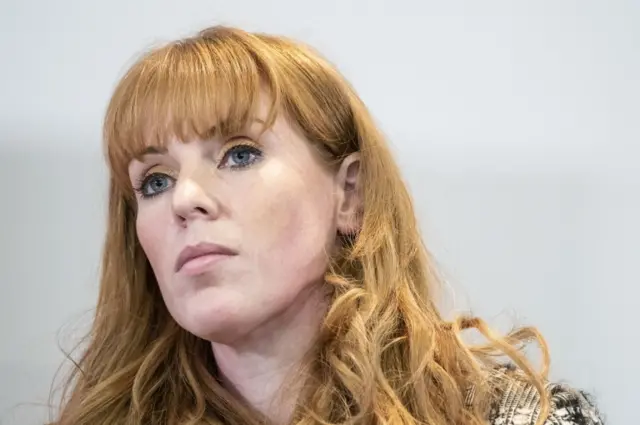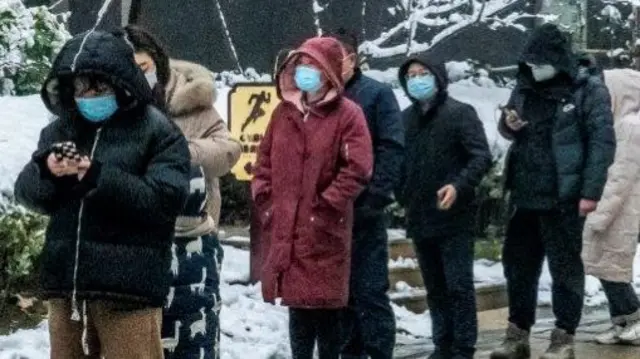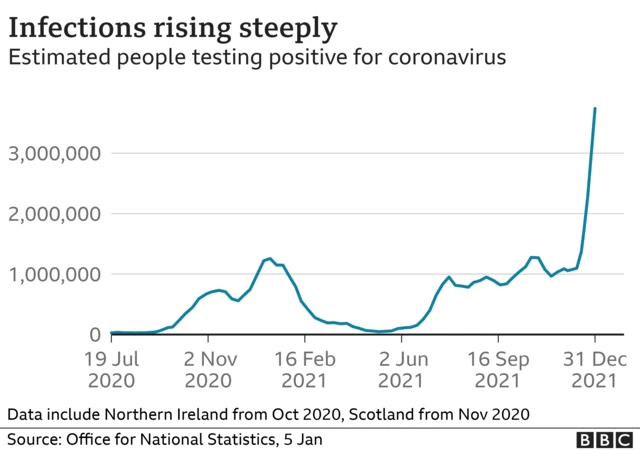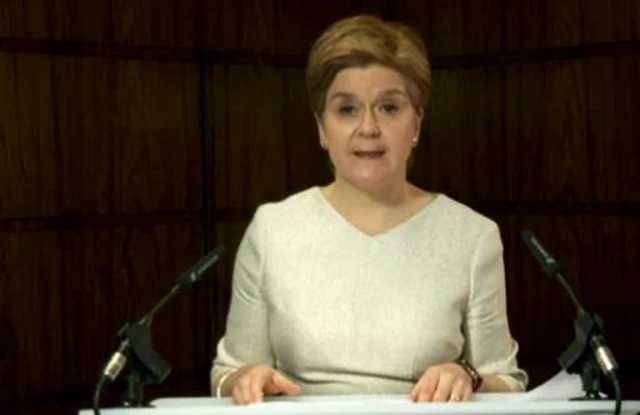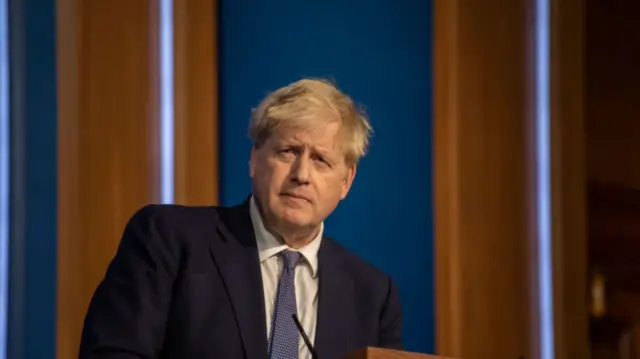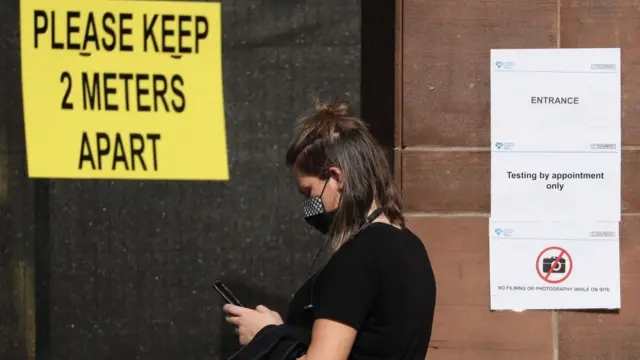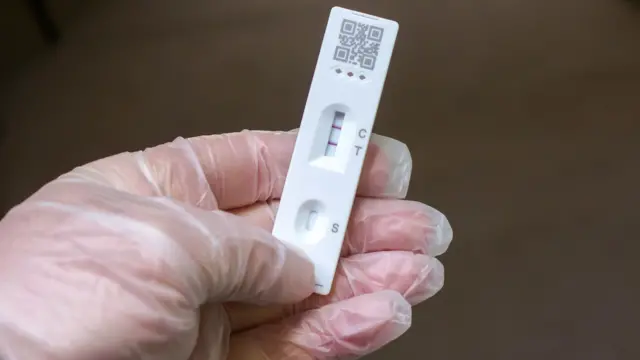They said lockdown, we said boosters - PMpublished at 15:25 Greenwich Mean Time 5 January 2022
Angela Rayner continues her cost of living attack - and Boris Johnson continues using England's relatively relaxed Covid rules as a defence.
The Labour deputy leader tells the Commons that the rise in inflation and soaring energy prices means the average family is £1,200 worse off.
The PM says as a direct result of universal credit chanegs, a single mother of two is £1,200 better off - and everyone on the living wage has seen another £1,000 in their pay.
He also says it's down to the government's tough decisions that this country has a more open society and economy than any comparable country in Europe. It also has the fastest economic growth in the G7, he adds.
When Omicron emerged Labour reached for the lever of more restrictions, Johnson claims.
"They said lockdown, we said boosters," he says.
